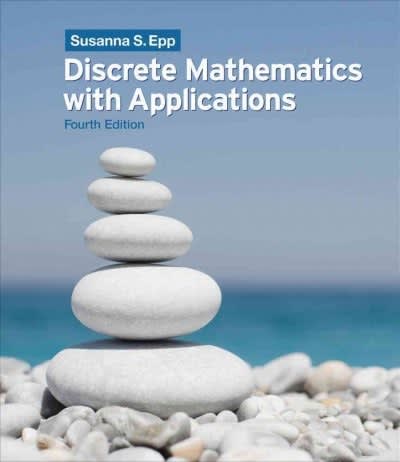Question
Telepathy is the ability to read minds. Researchers used Zener cards in the early 1900s for experimental research into telepathy - they're a set of
Telepathy is the ability to read minds. Researchers used Zener cards in the early 1900s for experimental research into telepathy - they're a set of 5 cards with black and white, large symbols on them (like a wave, a circle, a square, etc). In a telepathy experiment, the "sender" looks at 1 of 5 "Zener" cards while the "receiver" guesses the symbol. This is repeated 40 times, and the proportion of correct responses is recorded. Because there are 5 cards, we expect random guesses to be right 20% of the time (1 out of 5) in the long run. So in 40 tries, 8 correct guesses, a proportion of 0.20, is common. But of course there will be variability even when someone is just guessing. Thirteen or more correct in 40 tries, a proportion of 0.325, is statistically significant at the 5% level. When people perform this well on the telepathy test, we would mathematically conclude their performance is not due to chance and take it as an indication of the ability to read minds (even if they were just guessing!). It's rare, yes, but not impossible. In a large experiment with 500 people, how many people do we expect to be identified as telepathic even if everyone is just guessing?
Step by Step Solution
There are 3 Steps involved in it
Step: 1

Get Instant Access to Expert-Tailored Solutions
See step-by-step solutions with expert insights and AI powered tools for academic success
Step: 2

Step: 3

Ace Your Homework with AI
Get the answers you need in no time with our AI-driven, step-by-step assistance
Get Started


